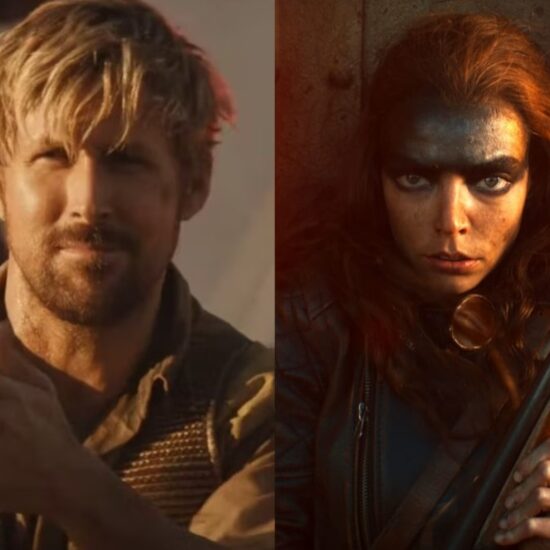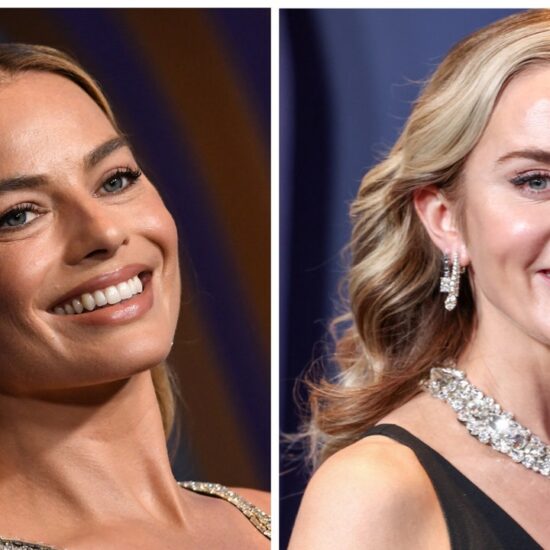
Samuel L. Jackson, Laurence Fishburne, Whoopi Goldberg and Zendaya are just some of the stars who appear in Elvis Mitchell’s “Is That Black Enough for You?!?” Netflix documentary.
Mitchell’s doc bows this weekend at the New York Film Festival.
Mitchell, a film critic who has written for LA Weekly and The New York Times takes on the role of writer, director and narrator as he traces the history of Black representation in cinema.
The documentary examines Black cultural achievement in the 1960s and ’70s and debunks the notion that Black cinema in that period only meant Blaxploitation films.
Speaking with Variety, Mitchell says he was inspired by his life experience to make the documentary: “As a Black viewer, I found myself confronted with what wasn’t being voiced about my people, and wondered why the movies were so slow to respond to Black audiences — who were paying good money to see movies — and even social shifts brought about by the civil rights movement.”
Adds Mitchell, “When Black films from the late ’60s and the ’70s come up, they’re dismissed with the term ‘Blaxploitation’. I have nothing against that word, but any era that includes ‘Killer of Sheep’, ‘Lady Sings the Blues’, ‘Blazing Saddles’ and ‘Symbiopsychotaxiplasm’ can’t be disregarded with that phrase.”
Steven Soderbergh and David Fincher both serve as producers on the documentary, which Mitchell says was 23 years in the making.
At one point, the documentary was going to be a book, but Mitchell says it was “turned down by every publisher you can think of — and probably several you couldn’t — even with an introduction that Toni Morrison offered to write.” However, Soderbergh’s support moved the project along. “He was my DP for the first shoot, the interview with Harry Belafonte, who was always the spine of my argument. Harry was sublime in every single response and radiated such command and fire and thoughtfulness — in his 90s, he’s still a movie star. During that interview, I knew I had a movie: I could see it every time with that potent and seductive voice offering those observations.”
Goldberg, Fishburne, Zendaya and Harry Belafonte are just a few of the names providing commentary on the films and creatives that inspired them.
With the doc coming to Netflix on Nov. 11, Mitchell hopes audiences will dive into the significant artistic achievements — both in film and music — that forced a change in Black cinema. He says, “Black film reintroduced the ideals of glamour and heroism to the medium. And that one failure became a convenient excuse to ignore Black film and give short shrift to Black audiences. I fear that we’re perhaps a couple of box office misfires from such a reversion happening again.”













